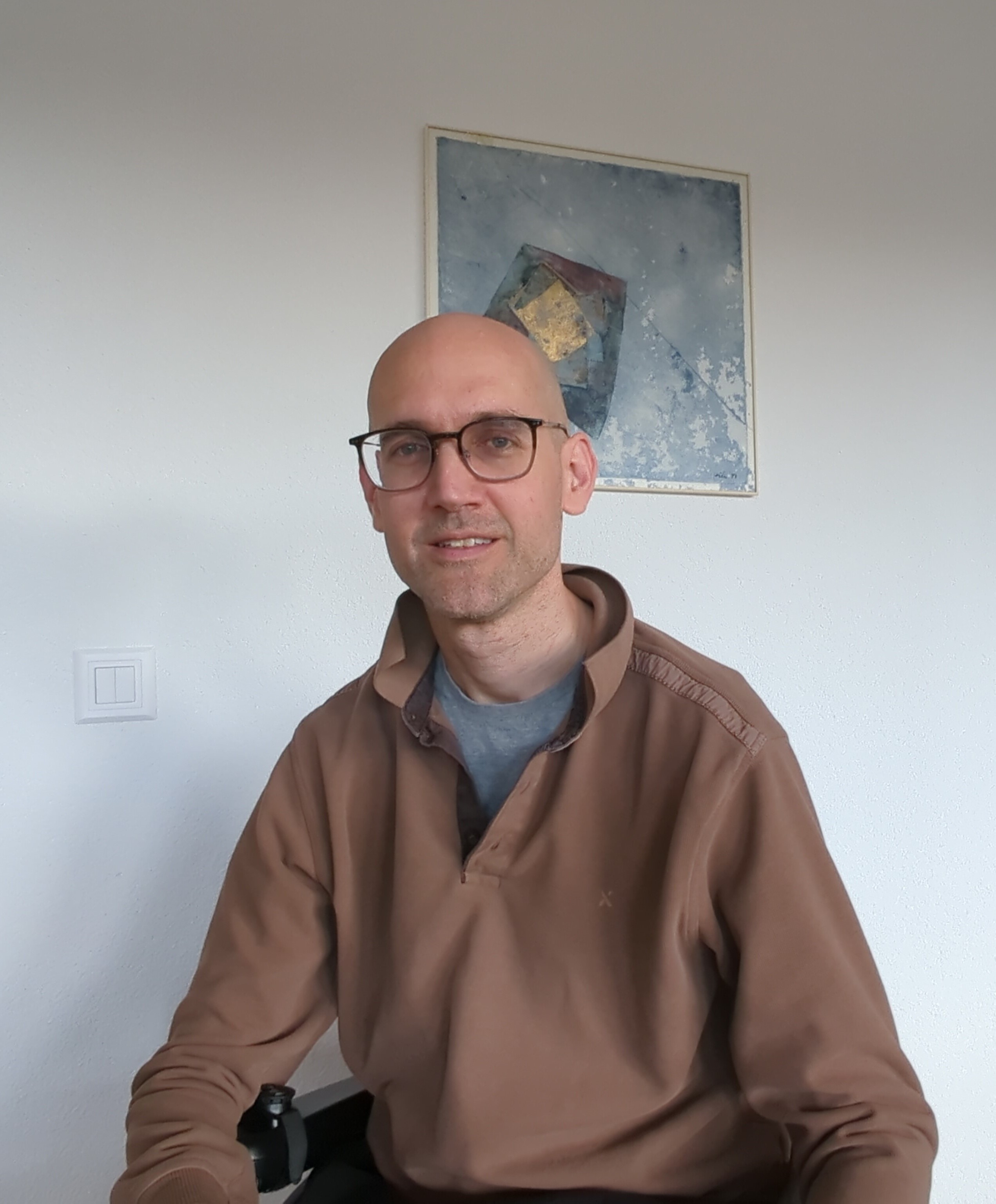Frequently Asked Questions
How long does a coaching last?
There's no rule for that. A single session might give new perspectives. Half a year later a new situation could need some untangling. In other situations the initial talk leads to a list of topics to dive into. You decide how many and how often sessions are useful. Recognizing the need to accept is already a big first step.
Doesn't acceptance only follows after all other phases of grief?
You're probably refering to the Kubler-Ross phases of grief with denial, anger, bargaining, depression and acceptance as the last phase. As I'm no psychlogist I can only speak from my expirience. I have been expiriencing all this emotions and even if acceptance becomes more and more prevalent I couldn't claim to be definitively over any of the others. While I hope that conversations with me can help remove some obstacles to acceptance, I recommend you see a mental health professional especially if you're going through intense feelings of anger or depression.
How is acceptance different from resignation?
Resignation mantains the standard but gives up the hope that the standard will ever be met. Acceptance redefines the standard. We need an honest look at our situation so that we can make the best out of it. Reseentments prevent us from such an honest look, and thus from making rational choices in order to live our best possible lifes.
Aren't utopias necessary to see the shortcomings of current society?
Counterfactuals are useful when discussing societal organisations. But at the end we need viable political proposals given the human nature and to a lesser degree the inherited allocation of power. The utopian thinking assumes a root evil in the current state of affairs that is typically overcome in a revolutionary transition to the utopian state. Iterative improvements become futile as it's only the awarness of the systemic root evil that will eventually lead to the transition into utopia.
What's so bad aboutc utopias?
At best utopian beliefs are a distraction from the real possibilities, more often than not they lead to an active dismissal of attempts to get the best possible solution within the current circumstances.
Isn't the lack of acceptance a powerfull driver of innovation and improvement?
This can indeed be the case. At the end it boils down to comparing the price you're paying by not accepting, with the likelyhood and the benefits of the change you're striving for. Utopian thinking causes us to overvalue the desired state and thus to sacrifice way more than would be rationally justified.
Is the Critical Social Justice movement an utopian one?
The social justice warriors seldomly positively describe their utopian vision, as this would be at odds with the postmodernist rejection of meta-narratives. The warriors are focused on deconstructing what they see as a pervasive colonial-patriarchic-rassist structure. Utopia would then be the state where this structures have been eradicated. If you used to believe in Critical Theory and are now reorienting yourself after loosing faith, acceptance coaching could help.
